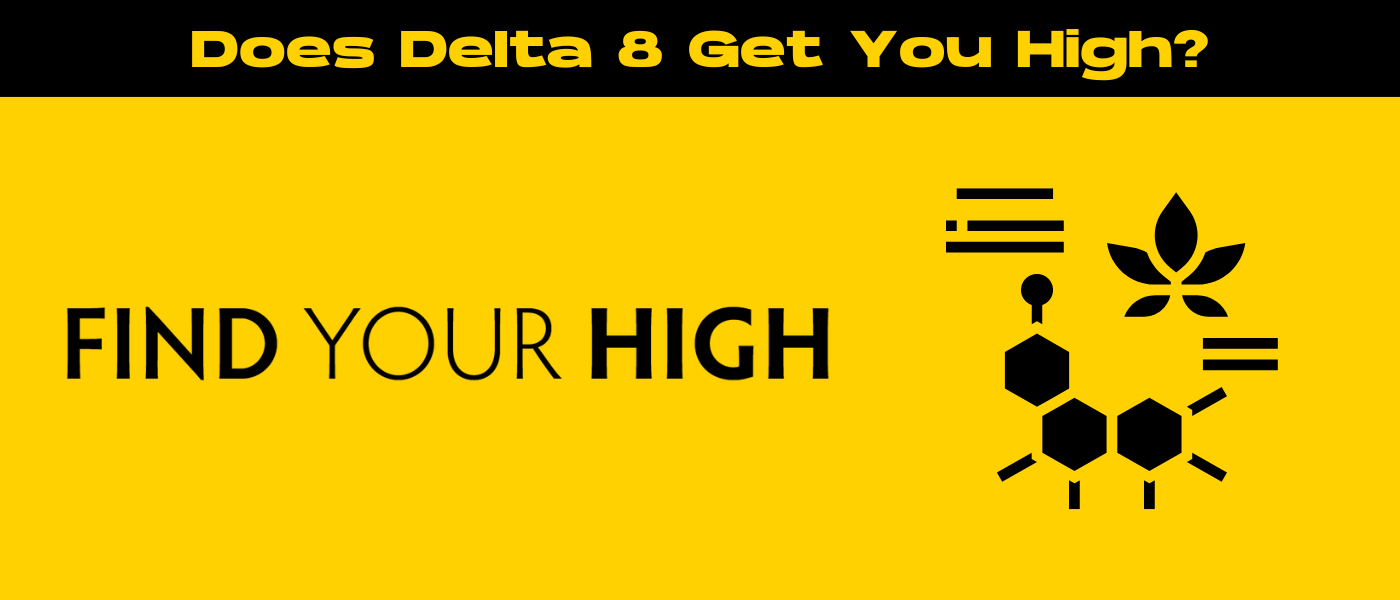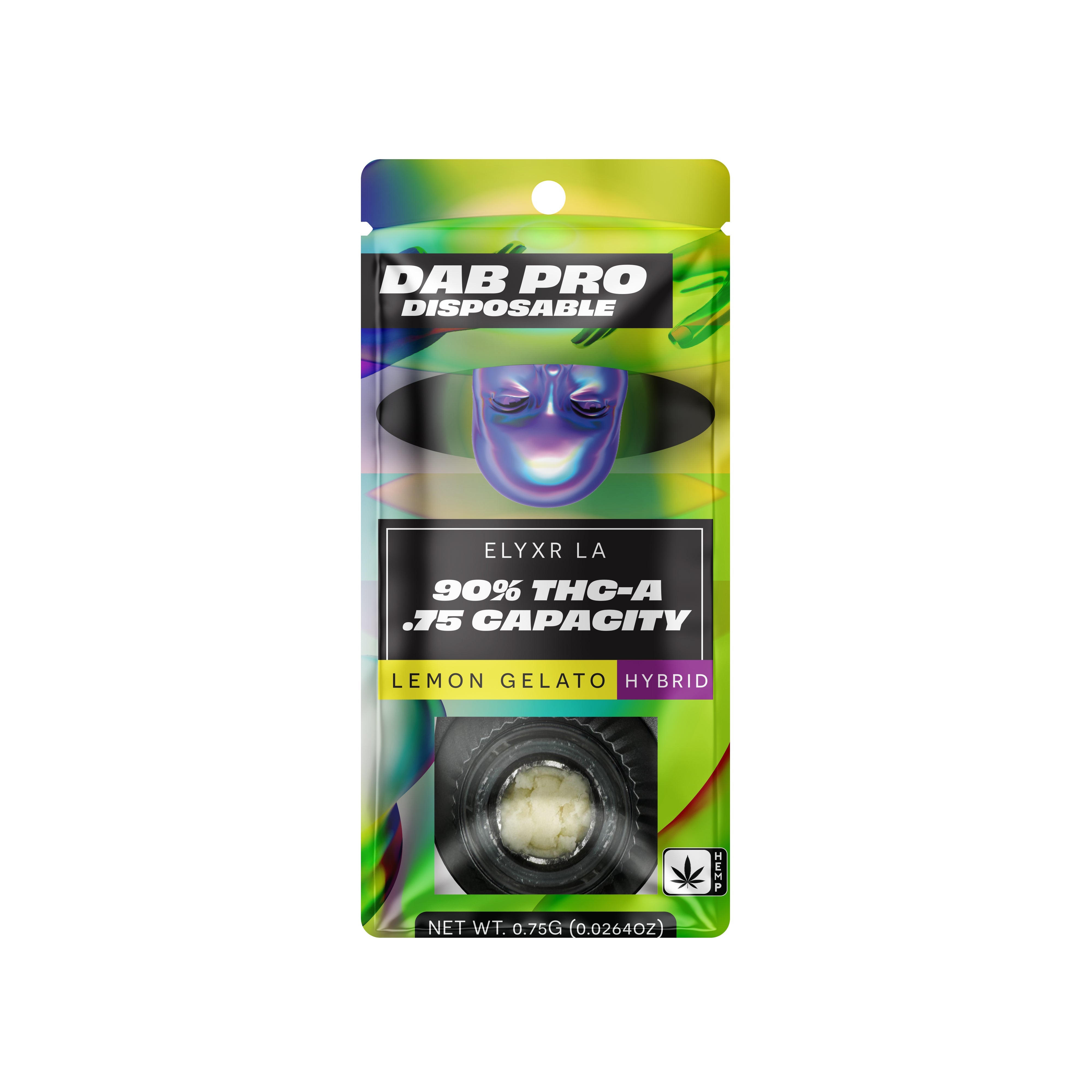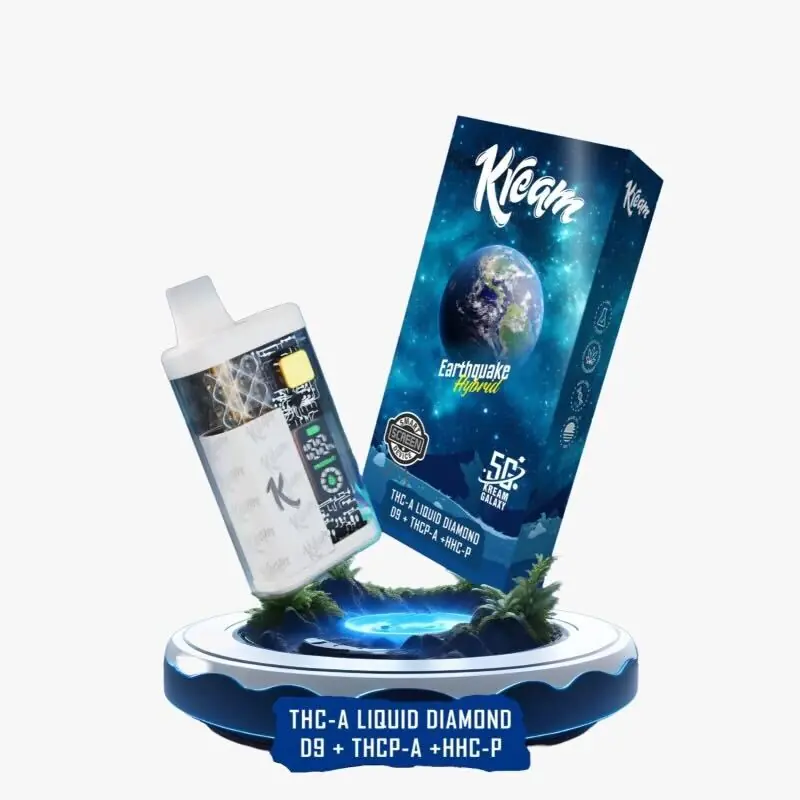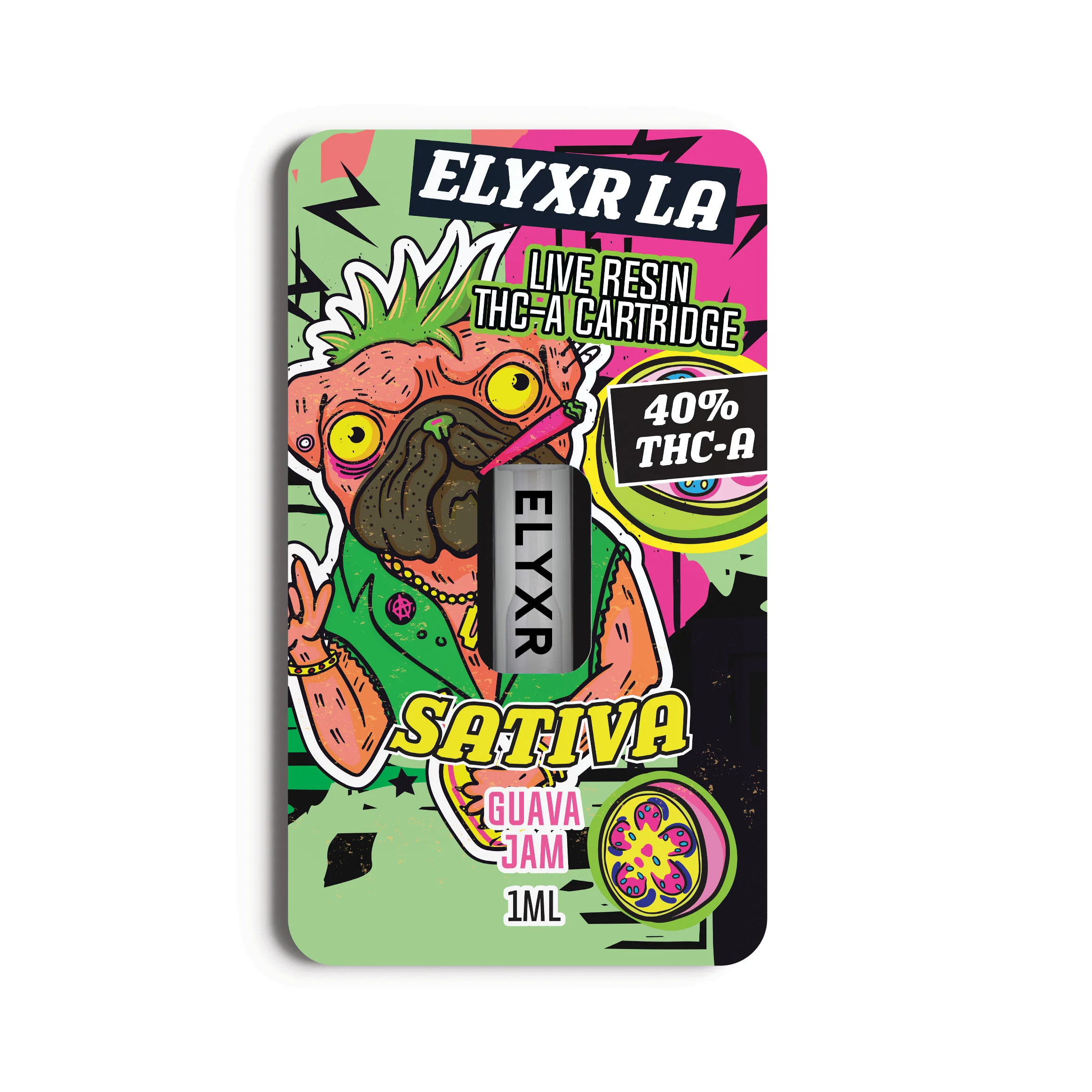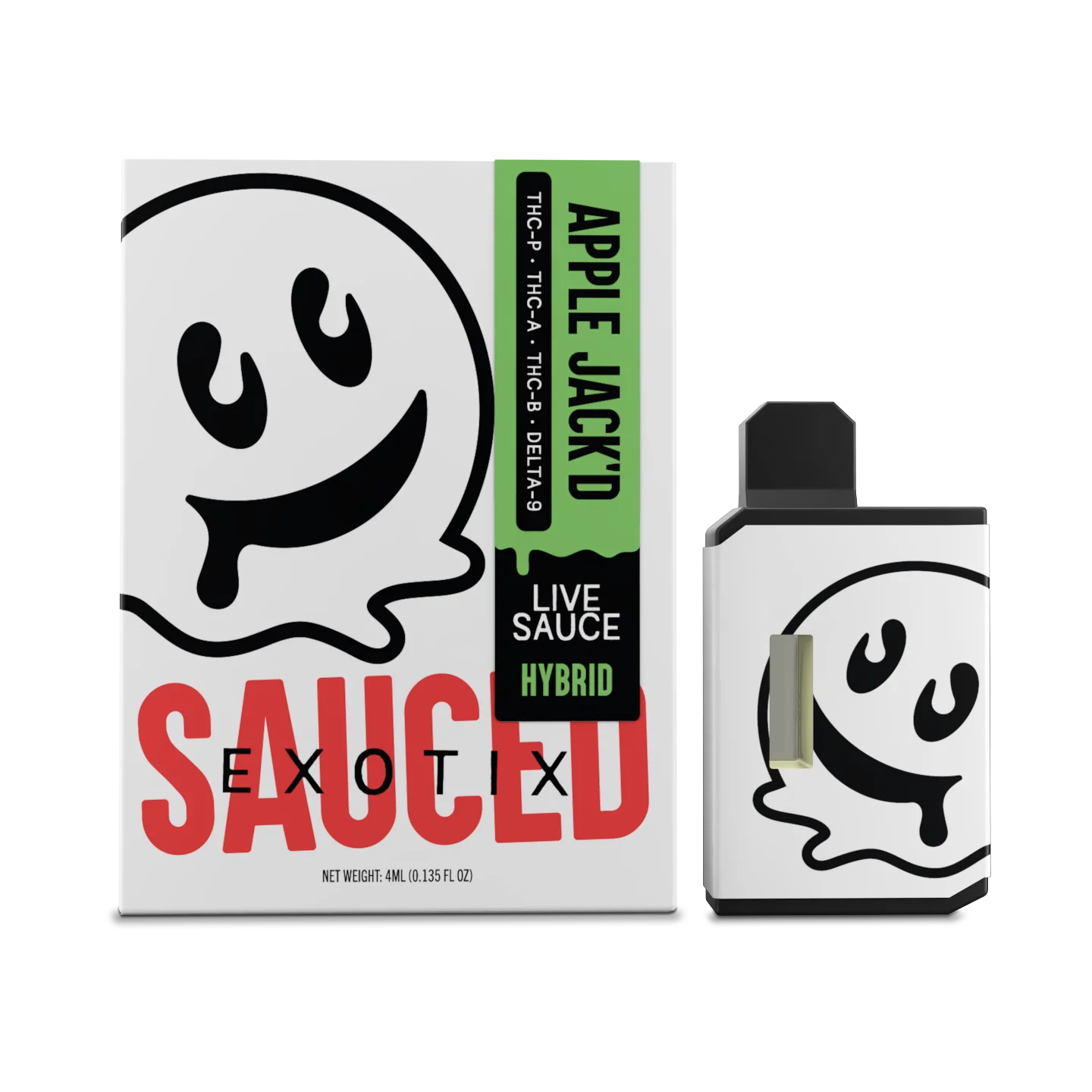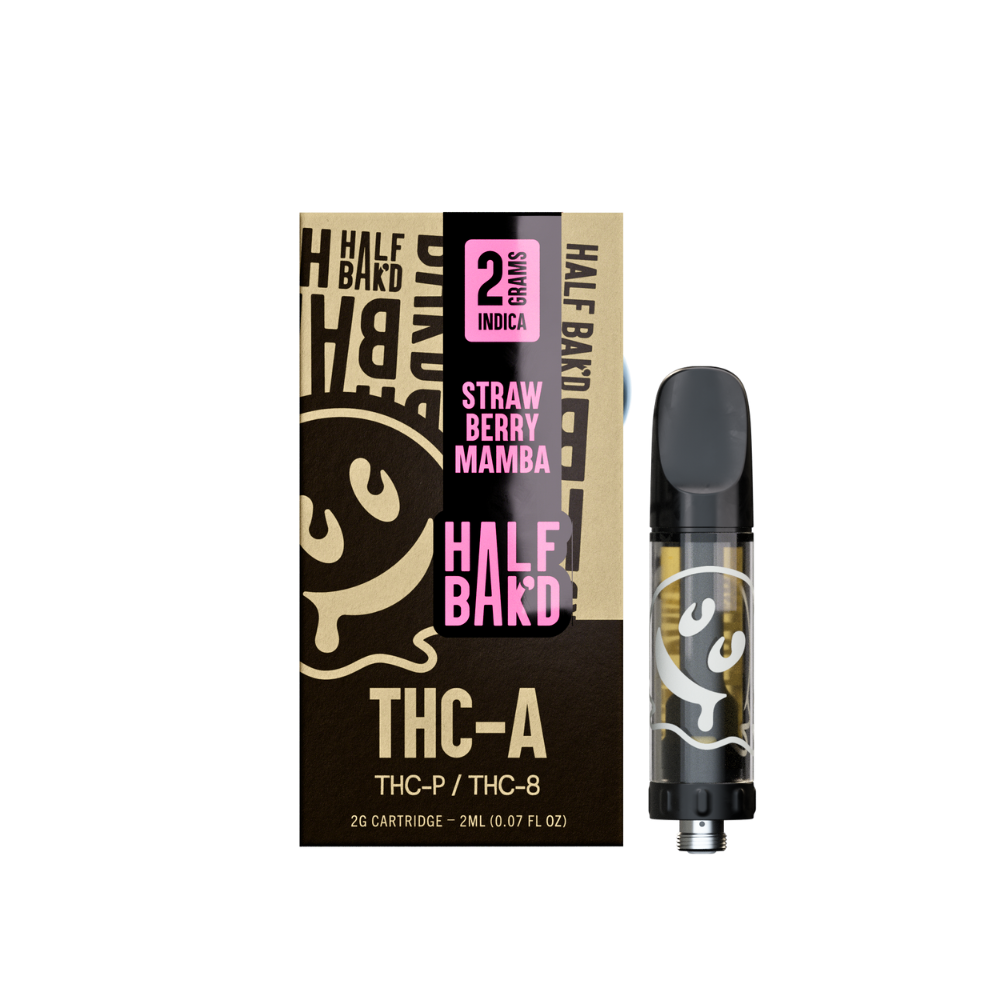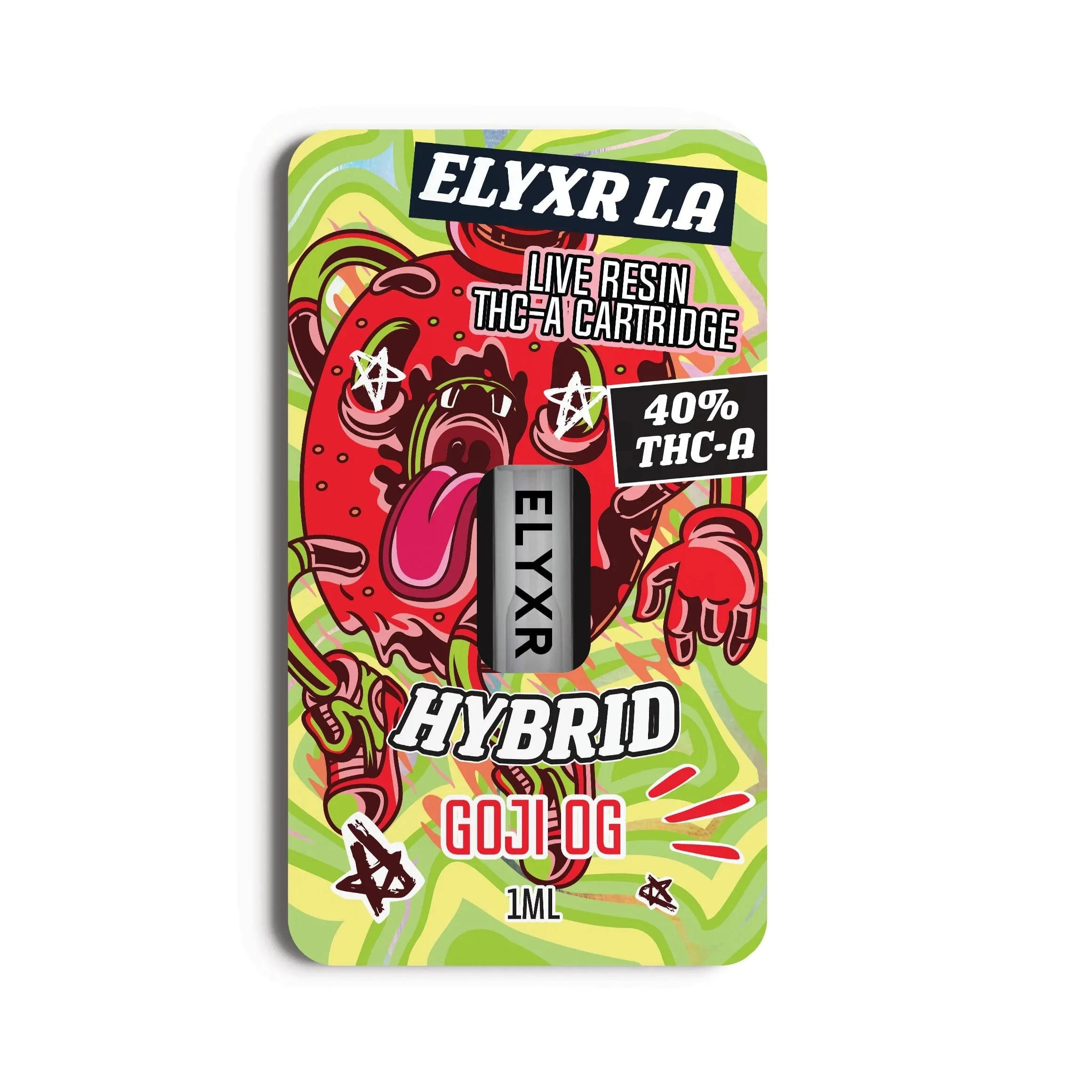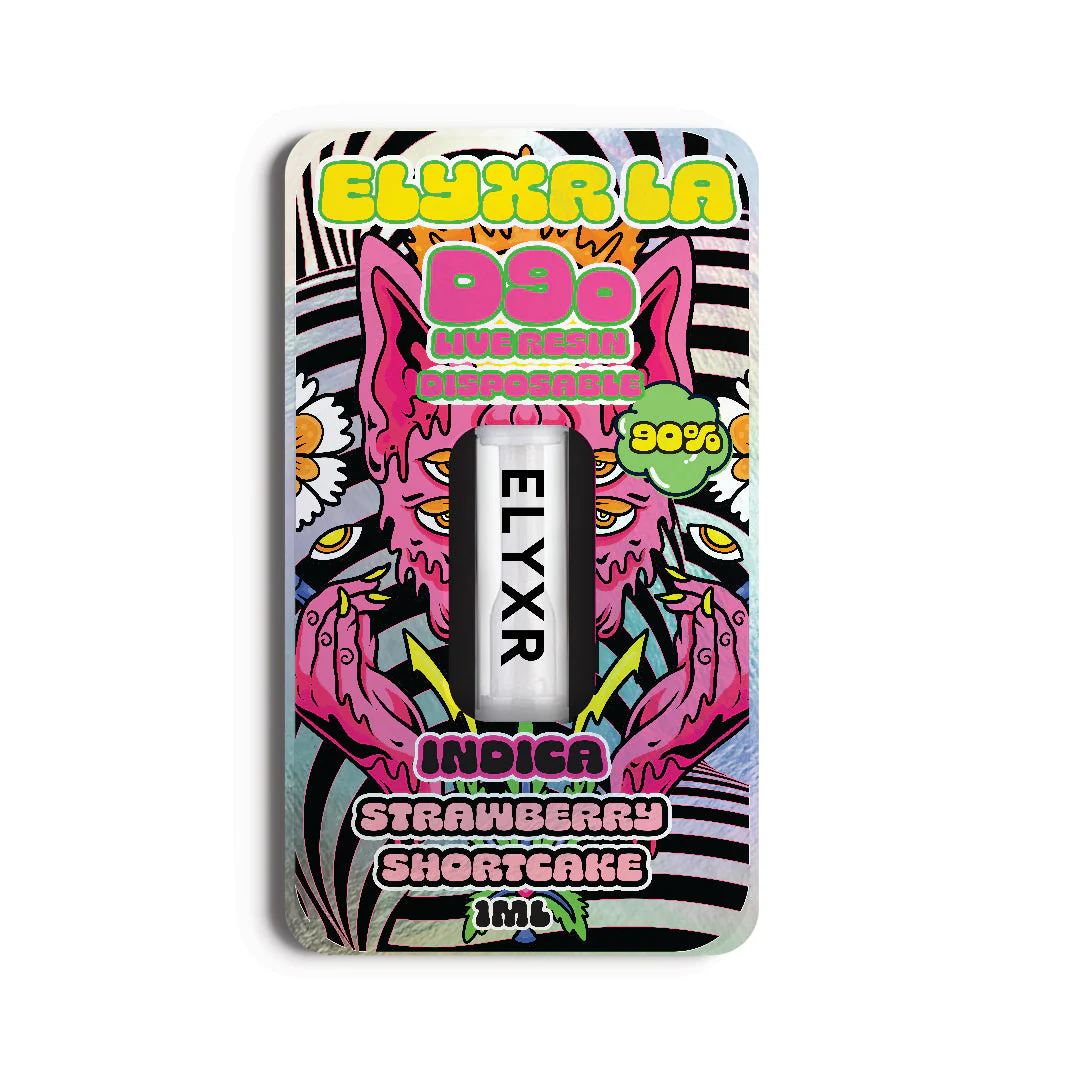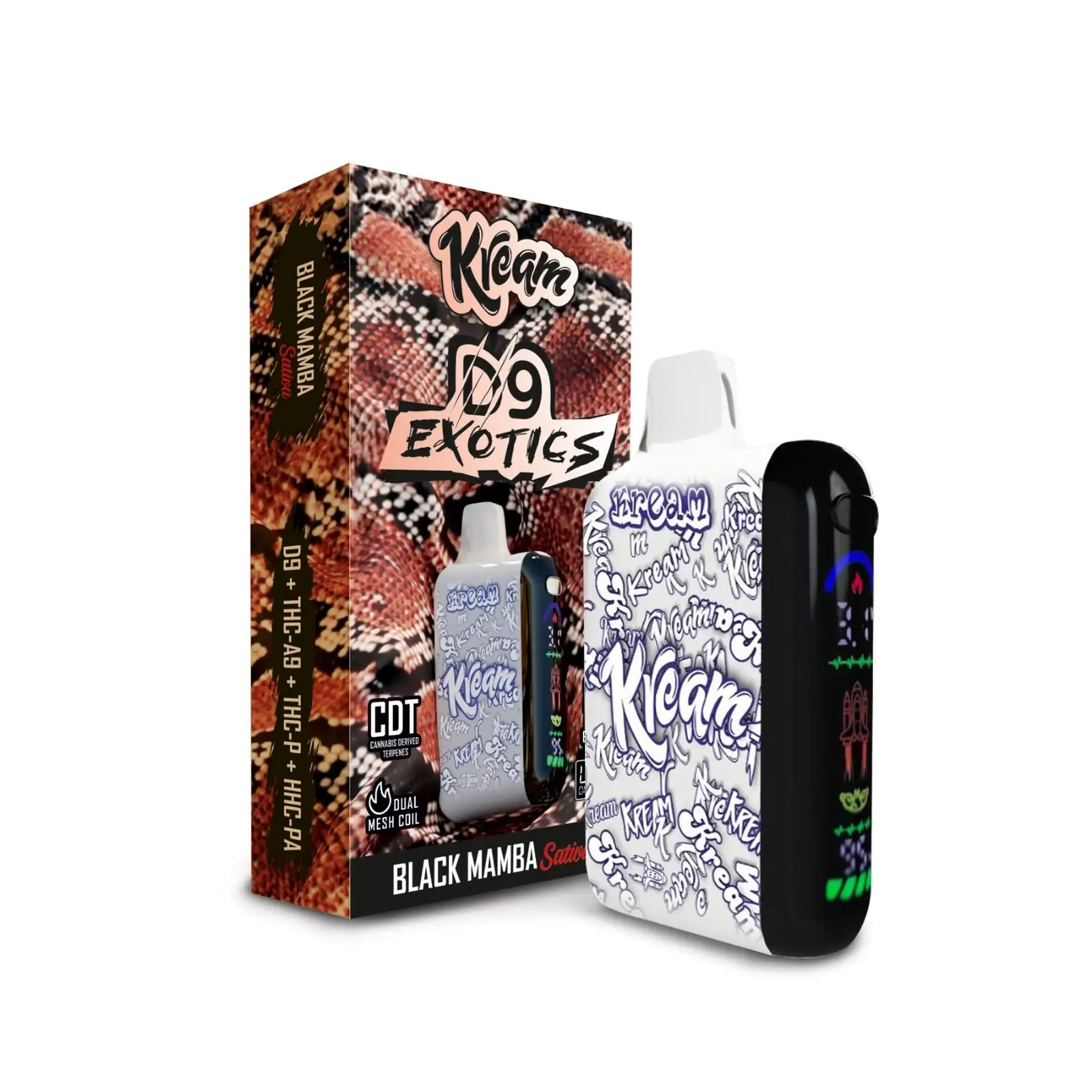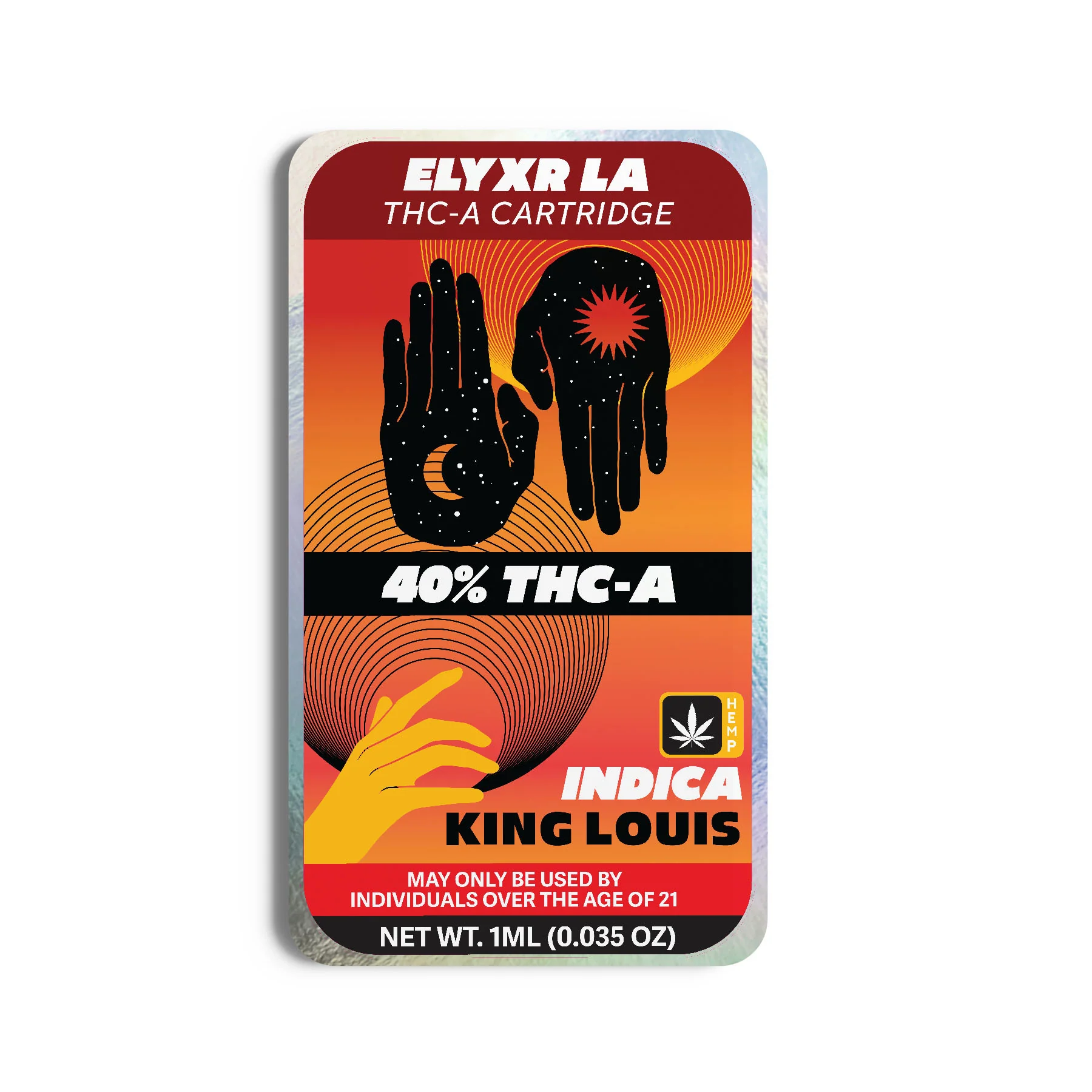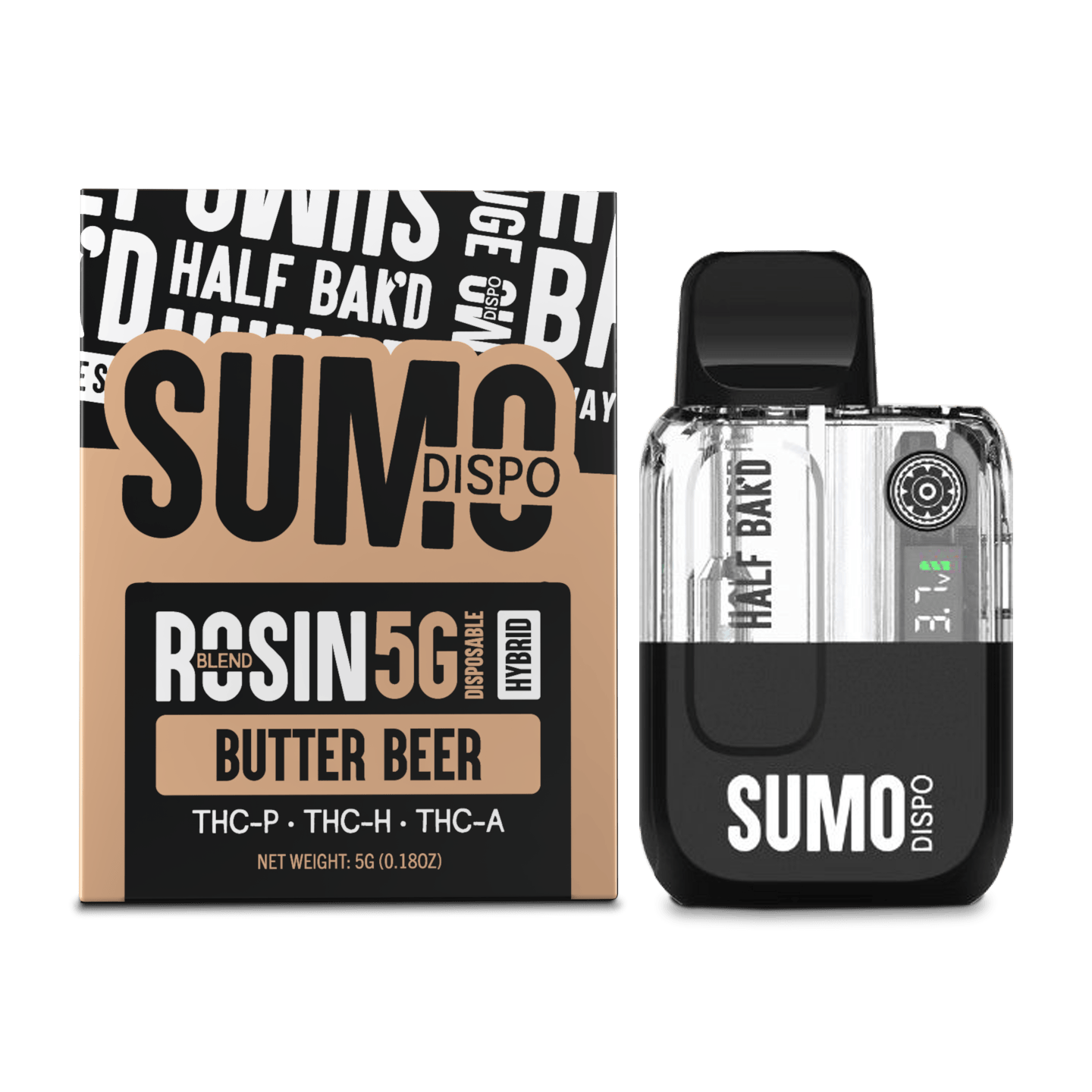As the cannabis market continues to evolve, there’s been a lot of buzz around Delta 8 THC. If you’ve seen medicinal cannabis products labeled with Delta 8 and wondered whether it’ll get you high or leave you feeling the same as CBD, you’re not alone.
In this blog, we’ll dive into the key differences between Delta 8 and its more famous cousin, Delta 9 THC, and explore exactly how Delta 8 affects the body. We’ll clear up any confusion about whether or not Delta 8 gets you high, and how it compares to other cannabinoids like CBD.
So, let’s break it down in simple terms and find out what Delta 8 is really all about.
What Is Delta 8 THC?
Delta 8 THC is a cannabinoid found in cannabis plants, similar to its better-known counterpart, Delta 9 THC. While Delta 9 is the main psychoactive compound responsible for the “high” in marijuana, Delta 8 is a slightly less potent compound, with a few key differences in its chemical structure.
Delta 8, like Delta 9, interacts with the body’s endocannabinoid system (ECS), which plays a crucial role in regulating functions like mood, pain, appetite, and memory. However, the key distinction lies in how these two cannabinoids bind to receptors in the ECS. Delta 8 has a double bond on the eighth carbon chain (hence the “8”), while Delta 9 has it on the ninth. This slight difference in structure leads to distinct effects.
Most Delta 8 THC on the market is derived from hemp, and while it occurs naturally in cannabis, it’s present in very small amounts. This is why many manufacturers create Delta 8 through a conversion process from CBD (cannabidiol) extracted from hemp. The 2018 Farm Bill legalized hemp-derived CBD and Delta 8 THC, though Delta 8’s legal status varies by state, as some states have introduced restrictions on it.
In essence, Delta 8 offers a bridge between the milder effects of CBD and the more intense high of Delta 9 THC. But what does that mean for users? Keep reading to find out.

Delta 8 vs. Delta 9 THC: How They Affect the Body
To understand how Delta 8 makes you feel, it’s important to compare it to Delta 9 THC, the most well-known psychoactive cannabinoid in cannabis. Both compounds interact with the ECS but produce different outcomes.
Delta 9 THC – The Classic High
Delta 9 is the primary cannabinoid responsible for the typical marijuana high. It binds strongly to CB1 receptors in the brain, triggering the release of dopamine and other chemicals that cause the euphoric effects most people associate with cannabis drug use. While this is desirable for many users, it can also bring on side effects like anxiety, paranoia, or confusion, especially in higher doses.
Delta 8 THC – Milder, Smoother, and Less Intense
On the other hand, Delta 8 THC has a milder effect. It also binds to CB1 receptors, but not as strongly as Delta 9. This results in a less potent high, with many users describing it as feeling more like a calming body buzz rather than a strong, heady euphoria. For those sensitive to Delta 9’s more intense effects, Delta 8 is often seen as a great alternative.
- Delta 9: Strong psychoactive effects, intense high, potential for anxiety or paranoia.
- Delta 8: Milder, smoother high, typically less anxiety-inducing, subtle euphoria.
Sometimes known as “diet weed,” Delta 8 is often described as a “light” or “clear” high, with users feeling relaxed and uplifted but without the heavy mental fog that comes with Delta 9. Many people find that Delta 8 helps with relaxation and stress relief, without making them feel overwhelmingly high or out of control.
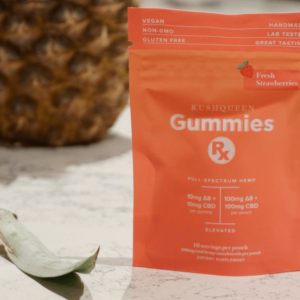
The Psychoactive Effects of Delta 8: Does It Get You High?
So, does Delta 8 get you high? The answer is yes, but it’s not the same kind of high you might expect from Delta 9. While Delta 8 THC is psychoactive and will likely produce a mild “high,” it won’t have you glued to the couch or feeling like your thoughts are racing in a thousand directions.
The Experience of a Delta 8 High
Most users report feeling relaxed and mellow after consuming Delta 8. It’s common to experience a mild euphoria, similar to a light buzz from a good beer or a glass of wine. People also describe a more physical relaxation compared to the heady high from Delta 9. Think of it as a mental ease combined with a pleasant body relaxation. Many users say it’s perfect for unwinding after a long day without getting too stoned.
However, Delta 8’s effects can vary based on several factors:
- Dosage: The amount you consume will heavily influence the intensity of the high. Small doses may leave you feeling only slightly altered, while larger doses might make the effects more pronounced.
- Consumption method: How you take Delta 8 also matters. Vaping or smoking Delta 8 tends to produce quicker effects, while edibles take longer to kick in but often result in a longer-lasting experience.
- Tolerance: If you’re a regular cannabis user, your tolerance to THC (any form) may affect how strongly you feel the effects of Delta 8.
Though Delta 8 doesn’t pack the punch of Delta 9, it still delivers a satisfying high that many consumers prefer due to its gentler nature. Some even claim that it helps with a sense of focus and clarity, which can make it more enjoyable for certain activities like creative work or light socializing.
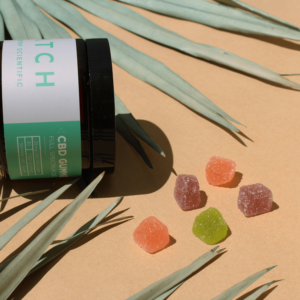
How Does Delta 8 Affect the Mind and Body?
When you take Delta 8 THC, it interacts with the endocannabinoid system, particularly the CB1 receptors in the brain and nervous system. These receptors are involved in regulating mood, appetite, and pain, which is why Delta 8 can have such a diverse range of effects.
Mental Effects
- Euphoria: A mild sense of happiness and calm. It’s not as intense as Delta 9, but it’s still noticeable.
- Increased focus: Some people report enhanced concentration when using Delta 8, making it a popular choice for daytime use.
- Clear-headed: Unlike Delta 9, which can often cloud thoughts, Delta 8 is reported to keep users feeling mentally sharp.
Physical Effects
- Relaxation: Delta 8 provides a full-body relaxation, helping ease tension and stress without making you too sedated.
- Pain relief: Many users report that Delta 8 helps manage minor aches and pains, similar to the pain-relieving benefits of Delta 9 THC but with fewer psychoactive side effects.
- Appetite stimulation: Like Delta 9, Delta 8 can increase hunger, though it’s usually less intense.
Side Effects of Delta 8
While Delta 8 is generally well-tolerated, it’s not without potential side effects:
- Dry mouth: A common side effect, especially when consuming higher doses.
- Red eyes: As with other forms of THC, Delta 8 can cause bloodshot eyes.
- Dizziness or lightheadedness: Higher doses of Delta 8 can lead to mild dizziness or an altered sense of balance, especially in new users.
- Fatigue: In some users, Delta 8 may cause tiredness or a sedative effect, particularly when consumed in larger doses.
Overall, the physical effects of Delta 8 tend to be more calming and soothing than overwhelming or incapacitating.
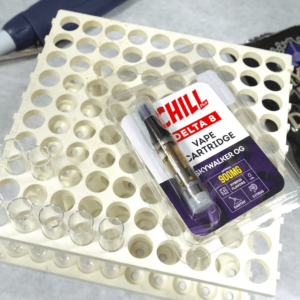
Legality of Delta 8 THC: What Consumers Should Know
One of the most confusing aspects of Delta 8 THC is its legality, especially for those considering purchasing the cannabinoid at their local gas stations and convenience stores.
Delta 8 is derived from hemp rather than the cannabis sativa plant, which became legal under the 2018 Farm Bill. However, Delta 8 itself exists in a legal gray area in many states. Some states have passed specific laws banning Delta 8, while others haven’t addressed it directly.
Currently, Delta 8 is legal in many states where CBD is allowed, but in some places, its legality is still being challenged. Here are a few key things to know:
- Hemp-derived: Delta 8, like CBD, is derived from hemp, which makes it legal under federal law, provided it contains less than 0.3% Delta 9 THC.
- State laws vary: Some states, like Alaska and Washington, have outright banned Delta 8, while others are still undecided or have not addressed the issue at all so long as the consumer meets the federal minimum age requirement.
- Regulation issues: Delta 8’s legality is being scrutinized, and more states are considering regulation or bans. It’s important to stay updated on the specific laws in your state if you’re considering purchasing Delta 8 cannabis products.
Is Delta 8 Right for You?
Now that we’ve covered the basics of Delta 8 THC and its connection to public health sciences, you may be wondering if it’s the right fit for you. If you’re looking for something that offers a milder high than traditional marijuana, Delta 8 might be just what you need.
Here’s who might benefit from using Delta 8:
- Cannabis newbies: If you’re new to THC or sensitive to the effects of Delta 9, Delta 8 could offer a gentler introduction.
- Those seeking relaxation: Delta 8 is perfect for people who want to unwind without the intense high that often accompanies Delta 9.
- Pain and anxiety sufferers: With its calming effects, Delta 8 could help manage anxiety or mild pain, especially for those who don’t want to deal with the mental fog of stronger THC.
However, it’s important to note that Delta 8 is still a form of THC, so if you’re someone who is sensitive to even small amounts of THC, it might be best to start slow and consult with a healthcare provider.
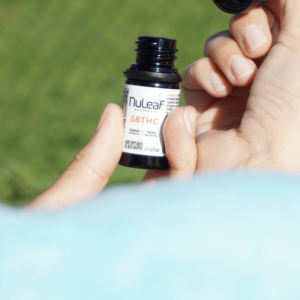
Conclusion
In conclusion, yes, Delta 8 does get you high, but it’s a much milder and more manageable high compared to Delta 9 THC. If you’re looking for something that provides a smoother, less intense experience, Delta 8 might be the perfect fit. It offers a balance of relaxation and euphoria with fewer chances of anxiety or paranoia, making it an appealing option for many consumers.
Before trying Delta 8, it’s always a good idea to check your state’s laws and consult with a healthcare professional, especially if you’re new to cannabinoids or have existing health or safety concerns. As with anything, moderation is key.
If you’re curious about Delta 8 or other hemp-derived products, why not give it a try and see how it fits into your routine? Just remember, the key to a good experience is starting slow and adjusting based on your personal preferences and tolerance.
Frequently Asked Questions
1. Is delta-8 enough to get you high?
Yes, Delta-8 can get you high, but it typically produces a milder, more manageable effect than Delta-9 THC (the main psychoactive compound in cannabis). Most users report a relaxed, calm feeling with a mild euphoria, but without the intense head-high or paranoia often associated with Delta-9. The high is usually more physical and less mental, making Delta-8 a popular choice for those seeking a gentle lift without being overwhelmed. However, the intensity of the high can vary depending on dosage, method of consumption, and individual tolerance levels.
2. Can you drive high on delta-8?
Driving under the influence of Delta-8, just like any form of THC, is not recommended. Although Delta-8’s effects tend to be milder than Delta-9, it can still impair your reaction time, coordination, and judgment. It’s always safest to avoid operating a vehicle if you’re feeling altered in any way, regardless of whether the high is intense or mild. If you plan on using Delta-8, ensure you’re in a safe environment and wait until the effects wear off before driving or performing tasks that require full mental and physical attention.
3. Is delta-8 illegal?
Delta-8’s legality is a bit complicated. Federally, Delta-8 is derived from regulated hemp within the hemp industry and is legal under the 2018 Farm Bill (Agriculture Improvement Act of 2018), as long as it contains less than 0.3% Delta-9 THC. However, the legality of Delta-8 varies by state. Some states have banned or heavily regulated Delta-8, while others allow it. It’s important to check the specific laws in your state before purchasing or using Delta-8 products. Even in places where it is legal, there may be local restrictions or requirements, so staying informed is crucial.
4. How long does delta-8 keep you high?
The duration of Delta-8’s effects typically lasts 3-6 hours, depending on several factors such as your metabolism, dosage, and the method of consumption. If you vape or smoke Delta-8, the effects tend to peak within 30 minutes to an hour and can last 2-3 hours. For edibles or tinctures, the onset is slower (30 minutes to 2 hours), but the effects can last longer—up to 6 hours. As always, the key is to start with a low dose and gauge how your body responds, especially if you’re new to Delta-8.




